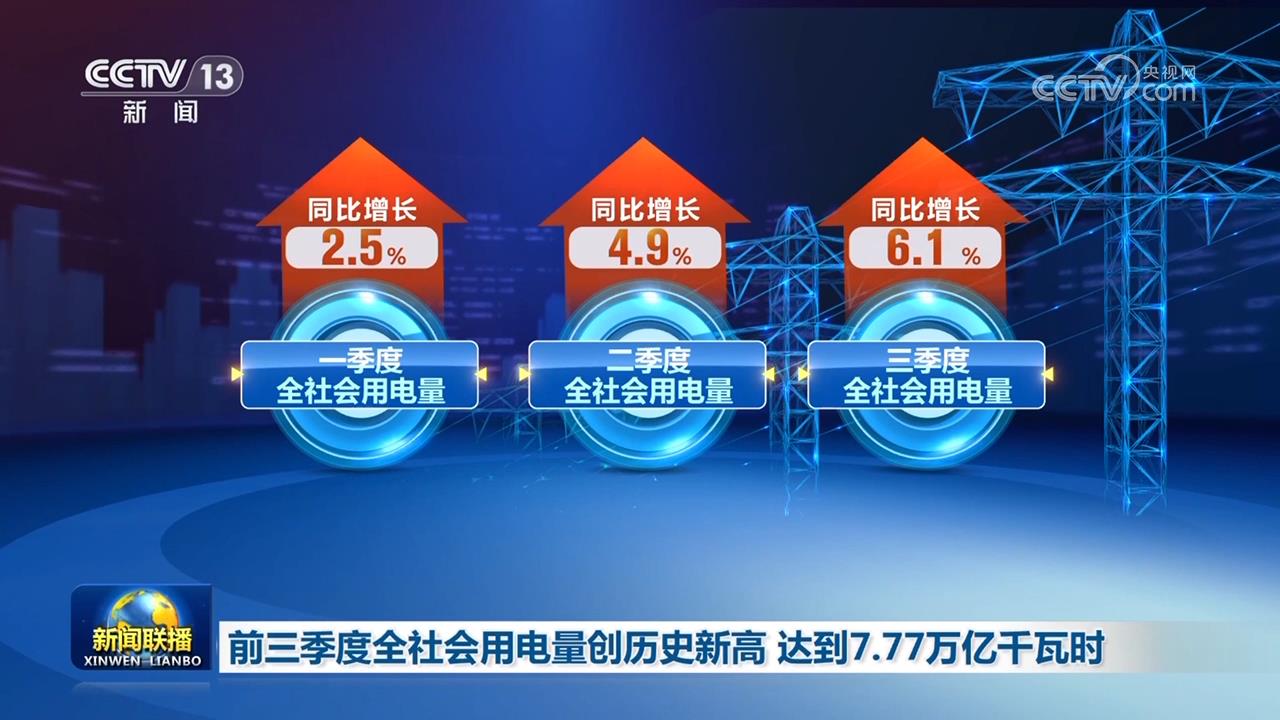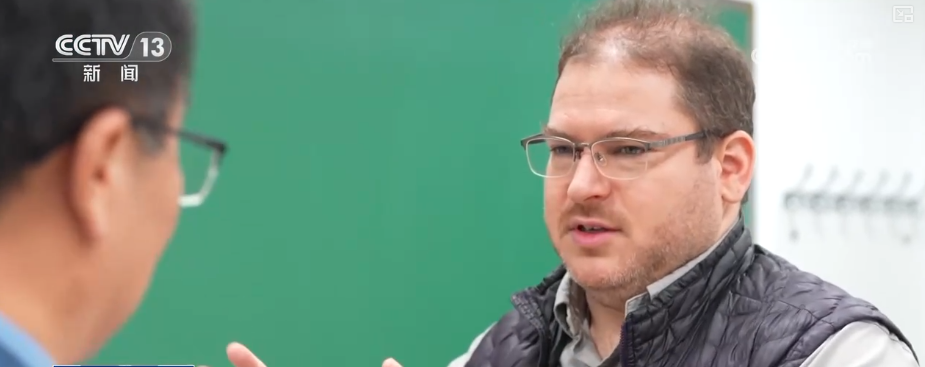China News Service, Hong Kong, April 8 (Reporters Dai Menglan, Dai Xiaoxiao and Liu Dawei) In response to the US government’s recent announcement of imposing so-called “reciprocal tariffs” on all trading partners, many Hong Kong political and business people said that as a highly extroverted international free port, Hong Kong’s re-export trade and logistics industry will face pressure, and the industry should unite, actively respond to challenges, and jointly defend Hong Kong’s legitimate rights and interests.
Hong Kong Special Administrative Region Government Secretary for Commerce and Economic Development, Chu Yinghua, recently met with 10 local chambers of commerce representatives to listen to the industry's opinions on the United States imposing so-called "reciprocal tariffs" on Hong Kong products, and discuss countermeasures. He said that the SAR government will assist enterprises in responding to challenges and support enterprises in expanding new markets; and called on the industry to unite and jointly defend Hong Kong's legitimate rights and interests.
Tu Haiming, deputy director of the Hong Kong, Macao, Taiwan and Overseas Chinese People's Political Consultative Conference and chairman of the Hong Kong New Era Development Think Tank, analyzed that in the face of the United States' waving the tariff stick, Hong Kong should take measures to defend its legitimate rights and interests, including making appeals based on the World Trade Organization dispute settlement mechanism, and firmly safeguarding the unique advantages of Hong Kong's free port. He said that the industry should actively resolve risks, analyze the impact of the US tariffs on Hong Kong in a comprehensive, systematic and multi-angle way, and minimize losses.
Cai Guanshen, member of the Standing Committee of the National Committee of the Chinese People's Political Consultative Conference and president of the Hong Kong General Chamber of Commerce, pointed out that Hong Kong companies can respond to the impact by actively exploring emerging markets, upgrading product value chains, and adjusting supply chain layout. He mentioned that Hong Kong businesses should develop high-end customized products to reduce their dependence on price competition, and can also diversify production capacity and use regional tariff preferential treatment to reduce costs.
Yang Weitian, President of the Hong Kong General Chamber of Commerce, believes that in recent years, ASEAN has become Hong Kong's second largest export market for goods, indicating that Hong Kong's economic and trade cooperation with ASEAN and other emerging markets is becoming increasingly close. Hong Kong businesses may continue to promote diversification of export markets and mitigate the impact of additional tariffs. Faced with global economic uncertainty, Hong Kong should actively promote the development of the innovation and science industry, strengthen linkage with other cities in the Guangdong-Hong Kong-Macao Greater Bay Area, promote the transformation of scientific research results, and further enhance economic resilience. (End)





